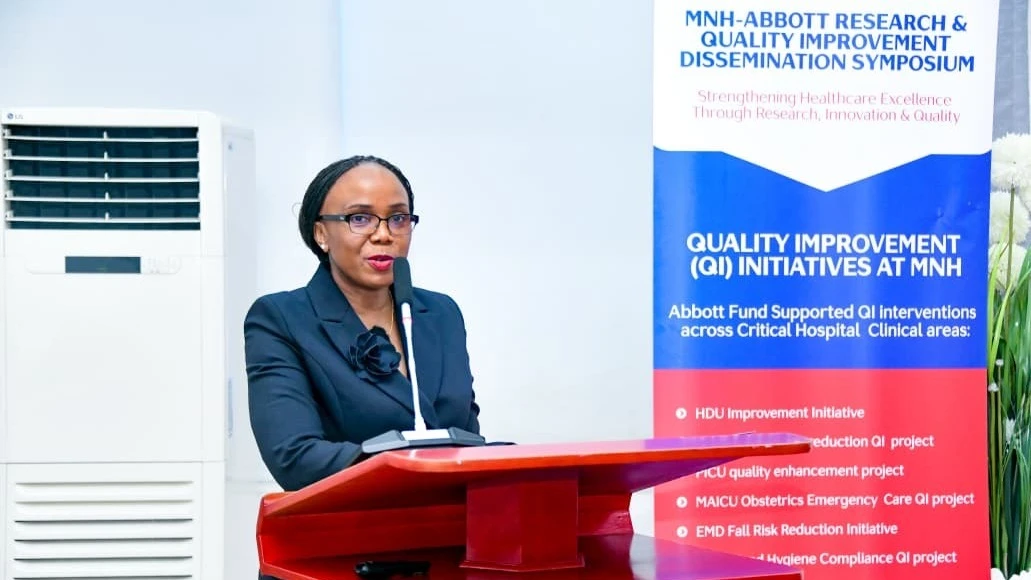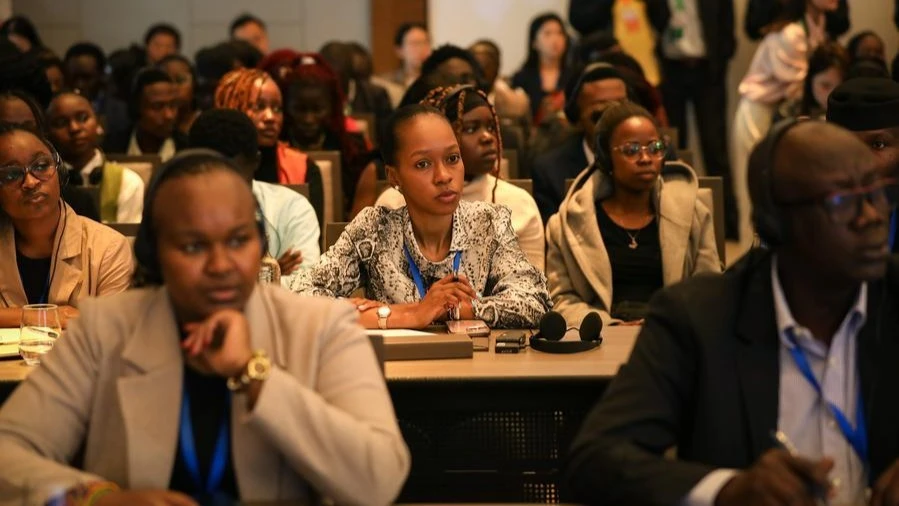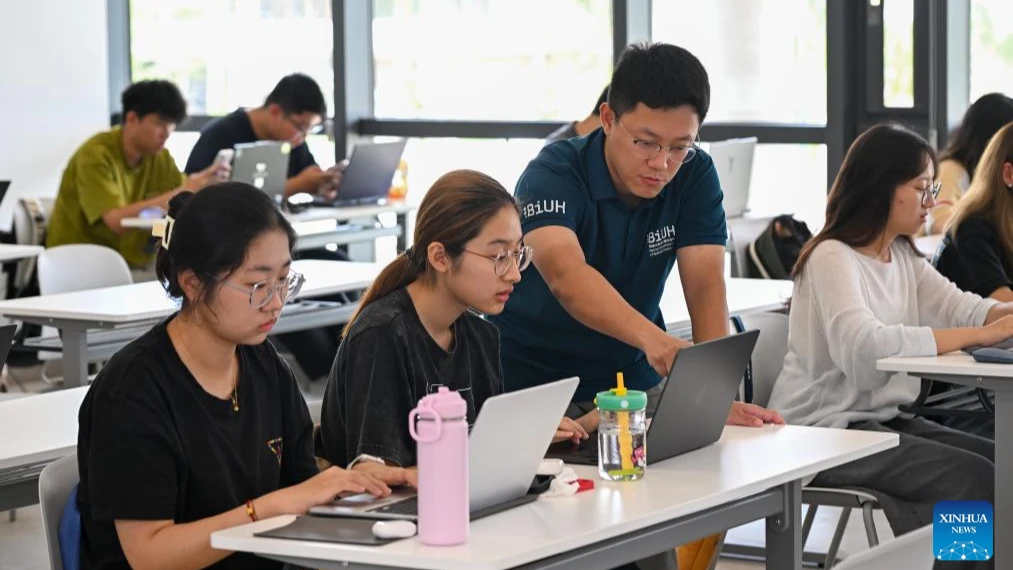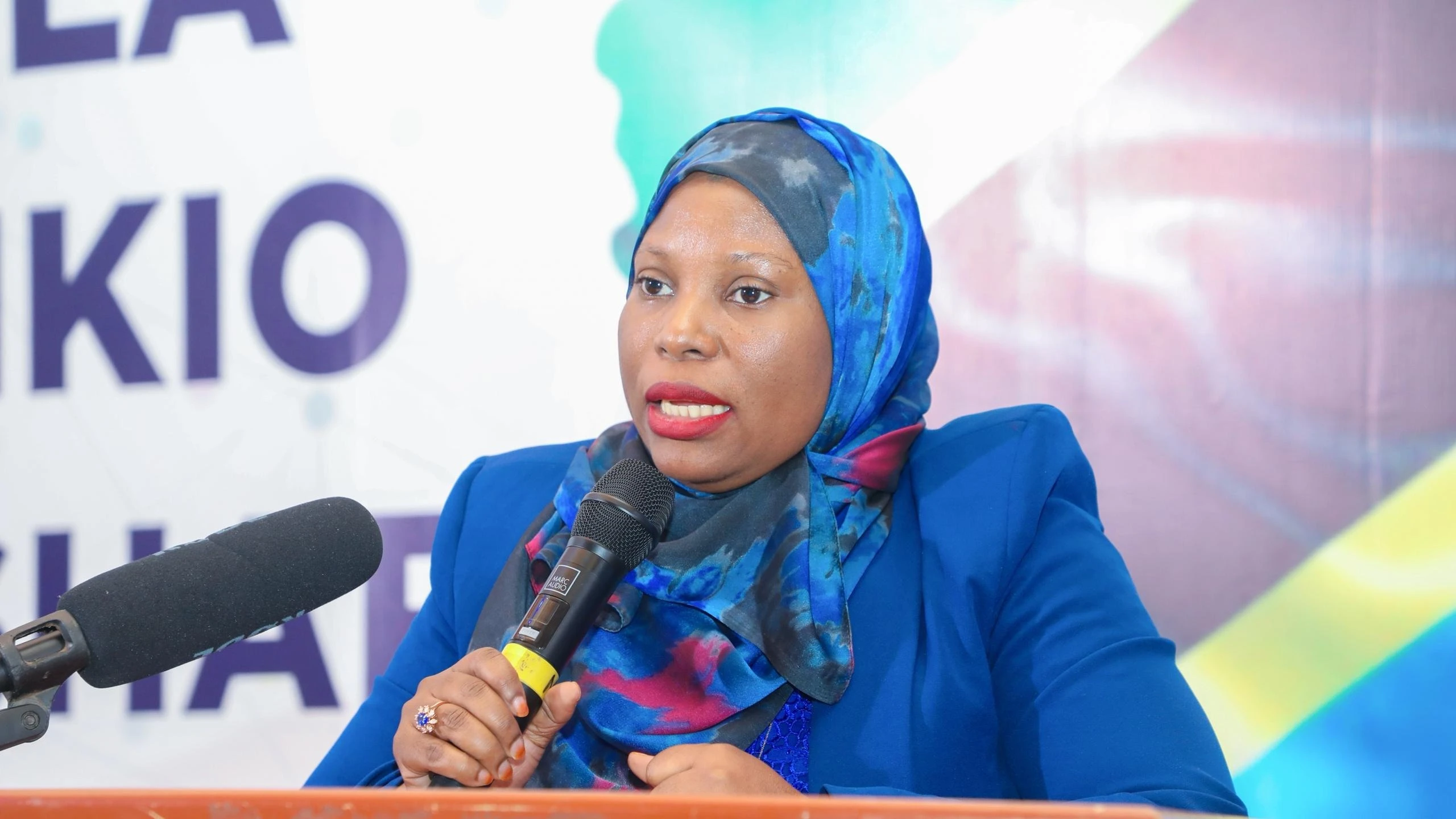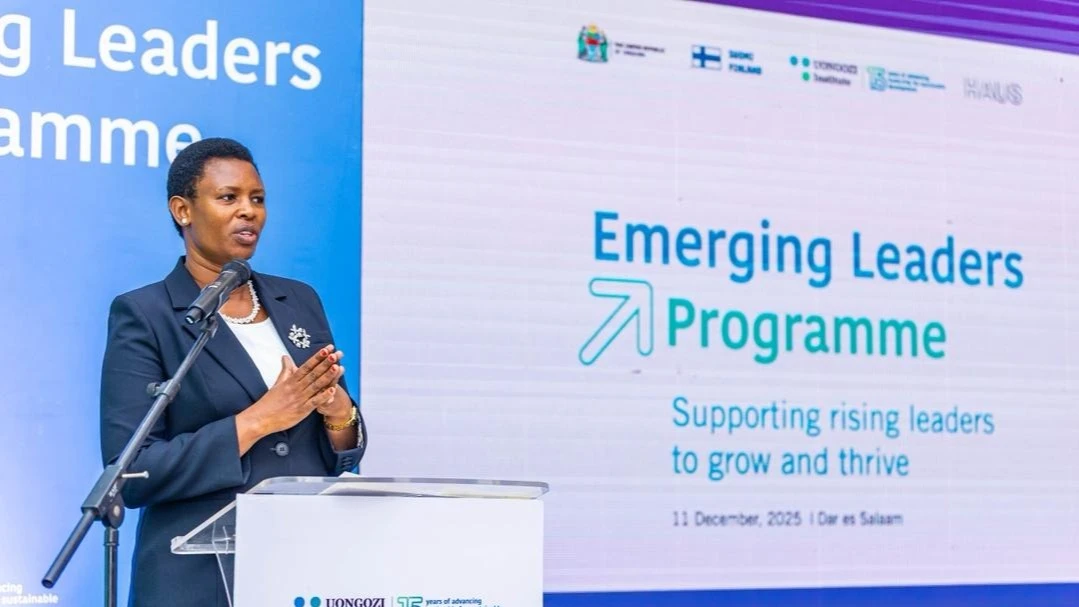Execution of inclusive policies to make youth engage in agriculture
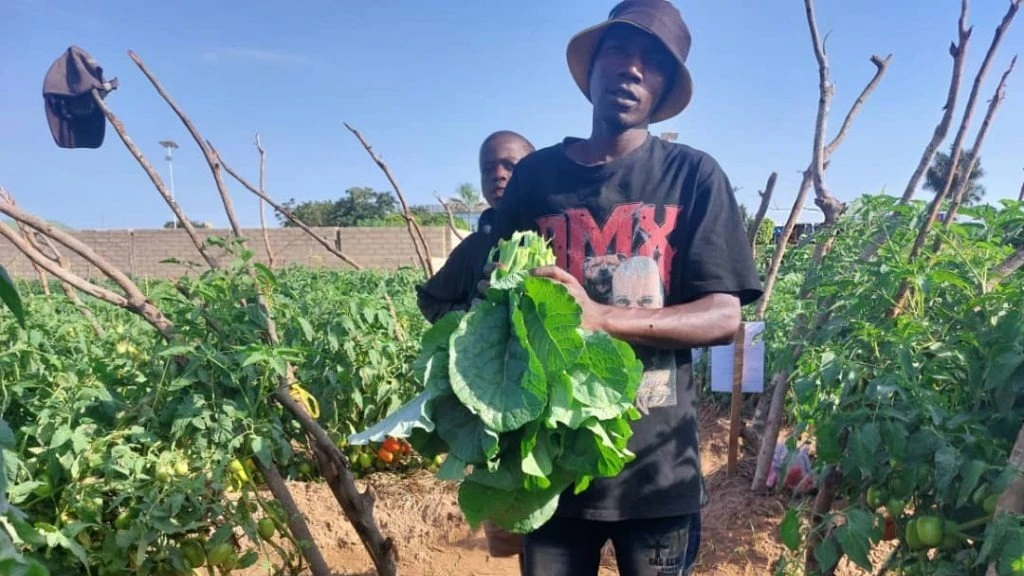
TANZANIA boasts one of the youngest populations in the world. According to the World Population Review, 2022, the median age of the youth and children account for 31percent and 44 percent of the population respectively.
Moreover, the current UNICEF data shows that more than 50 percent of the Tanzania population are below 18 years of age. These numbers tell us that, more than 70 percent of the population aged below 30 years old.
Therefore, the Tanzania youth represent an immense potential for driving economic growth, especially in transforming the agricultural sector, which, accounting for 26.1 percent of the nation GDP, 30 percent of the total export earnings, employ 65 percent of the total workforce as well as contributes 65 percent of the industrial raw materials.
Unlocking this potential requires prolonged-inclusive innovative programmes and policy reforms, exemplified by the Building a Better Tomorrow: Youth Initiative for Agribusiness (BBT-YIA) programme, championed by Hussein Bashe in 2022.
This 8-year programme established in collaboration with stakeholders in the sector, including private organisations, development partners, the Tanzania Youth in Agriculture Association, non-governmental organisations (NGOs) and other relevant partners aims to increase youth employment by three million and achieve agriculture growth rate of 10 percent by 2030.
The BBT-YIA programme has four components namely; BBT-Block farms, BBT-Extension, BBT-Financing and BBT-Bole holes.
While programmes like BBT-YIA are crucial, we need to address key barriers that the youth face in agriculture and create a conducive environment for their participation.
One of the significant barriers young people faces is limited access to and ownership of land. Land ownership amongst the youth is met by various legal and fiscal challenges. Tanzania’s legal frameworks give little attention to youth land rights. The current framework regards youth as protected under the rights of adults, overlooking their unique needs concerning land access and utilization. To fully integrate youth issues into the national land policy, it is essential to apply a deliberate lens that recognizes youth as a distinct population category with specific land needs and challenges. This approach will ensure that the complex institutional and legal barriers are comprehensively addressed.
Another significant barrier apart from youth access to and land ownership is the lack of financing. Take Anisa, for example, who graduated from university with a degree in business and has a keen interest in agriculture. However, the only land available to her is family-owned and controlled by her father, which limits her ability to fully utilize it. Additionally, she cannot secure financing from financial institutions due to unfavourable policies that require collateral for loans access. Many youths in Tanzania face similar, if not worse, predicaments.
As a result, the youth resort to farming on leased land on a seasonal or short-term basis. This situation restricts their ability to invest in long-term agricultural projects, such as installing irrigation systems and investing in machinery, which are vital for modern, productive farming.
There is also a real issue of high interest rates, which restrict the ability of young farmers to make significant investments in agribusiness. This limitation hampers productivity and profitability.
Moving away from collateral-based lending to more inclusive financial policies is essential. By developing youth-friendly financial products and services, we can ensure that young farmers have the necessary resources to invest in their agribusiness. This shift would include implementing policies to reduce interest rates on agricultural loans for youth, making financing more accessible and affordable. Young farmers should receive flexible repayment terms that accommodate the unique cash flow cycles of agricultural activities, and financial institutions should also create products tailored to youth needs, such as micro-loans.
NGOs and development partners can play a crucial role by offering different blended and supportive programs such as grant provision, venture capital investment and seed capital funding as well as targeted incubation programs. These programmes can provide much-needed financial support to young farmers without requiring repayment, thereby enabling them make initial investments in land, equipment, and other essential resources. These supportive programs can help bridge the financial gap for young farmers who lack access to traditional financing options.
Tanzania stands on the cusp of harnessing the potential of its youthful population. The agricultural sector, being a cornerstone of the nation’s economy, presents a unique opportunity for driving economic growth through youth engagement. Initiatives like the BBT-YIA are vital steps towards this goal. However, the success of such programmes hinges on comprehensive policy reforms that address the specific challenges faced by young people in accessing land and financing to drive sustainable economic growth for the country.
The upcoming Africa Food Systems (AFS) Forum convening in Rwanda from September 2nd to 6th presents an ideal opportunity for partners to address these financial and policy issues that hinder youth participation in agriculture and discuss innovative solutions to bridge this gap. Tanzania will show case the progress made both from the launch of BBT-YIA and since the last AFS-Forum in Dar es salaam September 2023.
Hussein Mohammed Bashe is the Minister of Agriculture; Vianey Rweyendela is the AGARA Country Director in Tanzania
Top Headlines
© 2025 IPPMEDIA.COM. ALL RIGHTS RESERVED











